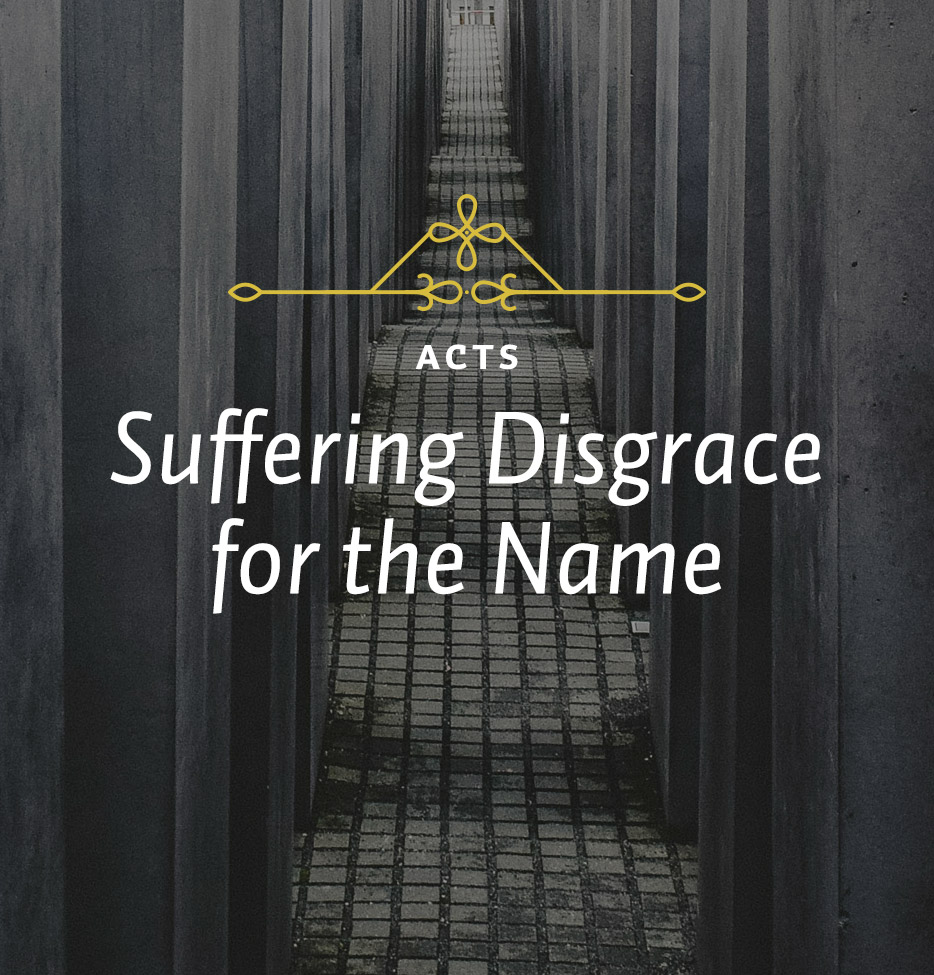Where is the ethical teaching of the New Testament? It is not present. This is a noteworthy omission, particularly when we think about what Jesus actually said as recorded in the gospels. Most of what Jesus taught in the gospels was ethical teaching, sometimes in the form of parables, sometimes in more formal discourses. But when we come to this early Christian preaching we find that the apostles did not do as He did. Why not? Did they consider Jesus’ ethical teaching unimportant?
Obviously, the reason the disciples began with the kerygma is that they knew, as we should also know, that a person must first come to Jesus Christ as Savior before he or she can take on the burden of His teachings. It is true that we cannot have one without the other. But unless a person first believes on Jesus as his or her Savior, and thus has the new life of Christ within, that person cannot even begin to live the life Christ commanded. As a matter of fact, unless you first confess your sin and find forgiveness, you only go on into increasing sin, which is what these leaders did.
At this point, the disciples found an unexpected ally in Gamaliel. He is the teacher under whom the Apostle Paul had studied and was possibly still studying.1 Gamaliel was obviously a great and unusual man. He was great as a rabbi. He was also great, as we would say, as a human being.
Here he said to the religious leaders in effect, “Before you kill these men stop and consider what you will be doing. I have lived a long time and seen many things. I have observed that movements like this tend to pass away quickly if God is not in them. I think of Theudas. Do you remember him? He raised about 400 soldiers, proclaimed himself as the Messiah, but was killed. He wasn’t the Messiah. So his movement ended up being nothing. The same thing happened with Judas the Galilean. He also was killed and his followers scattered. I have learned that if something is of God, it will prosper. If not, it will collapse of itself. So my advice is to do nothing to these men. If they are being led by God and you oppose them, you will find that you are fighting against God.”
That was very wise advice. Yet, although I praise Gamaliel as a wise, gracious and understanding man, it was still only good worldly advice. It did not deal with the real issue. It did not go far enough.
Gamaliel should have said everything he did say, but he should have added, “And in the meantime, since we are so closely tied to this and are supposed to be the spiritual leaders of the nation, let’s investigate this matter and see whether what these men are teaching is true. If there is nothing to it, then we will let it run its course. It will go away. But if there is something to it, if Jesus really did rise from the dead, then our doctrine is wrong. There is a resurrection. And what is more important, our views of Jesus are wrong. He must be whom He claimed to be. If He rose from the dead, He must be the Son of God. His death really was a substitutionary sacrifice for sin. If this is the case, we dare not be neutral. We must believe on Him and become His witnesses, as these men are.”
Gamaliel did not do that. What happened is that events did run their course, and this little religion, Christianity—although it did not really even have a name in those days—did not fade away. Instead it spread throughout the whole world. It grew in power. It has even come to us, to America, a land that was not even known at the time Peter and John appeared before the Jewish Sanhedrin.
If you are on the side of the Sanhedrin, saying, “Well, that is kind of interesting, this religious business, but I certainly am not going to submit my life to Jesus of Nazareth,” let me say that there is a stronger case for the truth of Christianity today than there was then. Millions have believed on Jesus. His Gospel has spread throughout the world. Everywhere you go there are Christians who are bearing faithful witness to His name. Are you going to fight Him? How can you fight Jesus when His name is so powerful? Will you not find yourself doing exactly what Gamaliel warned the Sanhedrin against doing, which is fighting against God?
1It is interesting to observe that although Gamaliel was well-known and rightly praised for his gentleness and moderation, Paul who studied under him was of a different stamp entirely. Paul concluded that the way to deal with Christianity was to kill Christians.






